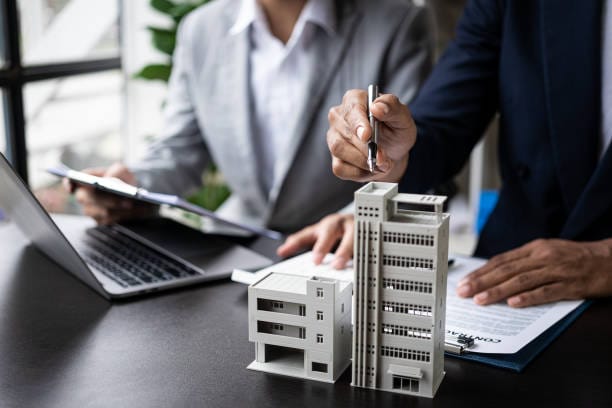Buying a property to renovate is an attractive option for many buyers and real estate investors. This approach offers numerous advantages but also comes with certain drawbacks that must be carefully considered before taking the plunge.
One of the main advantages of purchasing a fixer-upper is the lower acquisition cost compared to a move-in-ready home. This allows buyers to enter a market that might otherwise be beyond their budget. Additionally, renovating a house provides the opportunity to customize every detail to fit personal tastes and needs, from room layouts to material choices and finishes.
Another benefit is the potential increase in property value. A well-renovated home can appreciate significantly, making it an excellent investment. Strategic renovations—such as improving energy efficiency, modernizing the kitchen, or upgrading bathrooms—can maximize the return on investment when it comes time to sell.
However, buying a property in need of renovation also involves risks and downsides. The first and most significant is the cost of renovations, which can quickly exceed initial estimates. Unexpected issues, such as structural problems, outdated electrical systems, or hidden defects, can lead to substantial expenses. Therefore, it’s crucial to establish a precise budget and include a contingency fund for unforeseen costs.
Another factor to consider is the time required to complete the renovations. Unlike purchasing a move-in-ready home, a fixer-upper often takes months or even years to become fully functional. Managing the renovation process can be complex, particularly when coordinating multiple contractors and tradespeople.
The stress and physical effort involved should not be underestimated. Renovations require time, patience, and careful planning. For those unfamiliar with managing construction projects, the experience can be overwhelming. Hiring professionals can simplify the process, but this adds extra costs.
In conclusion, buying a property to renovate can be a great opportunity for those looking to personalize their home and increase their investment’s value. However, it requires thorough planning, a well-defined budget, and effective time and stress management. Carefully weighing the pros and cons before committing is essential to a successful real estate project.

